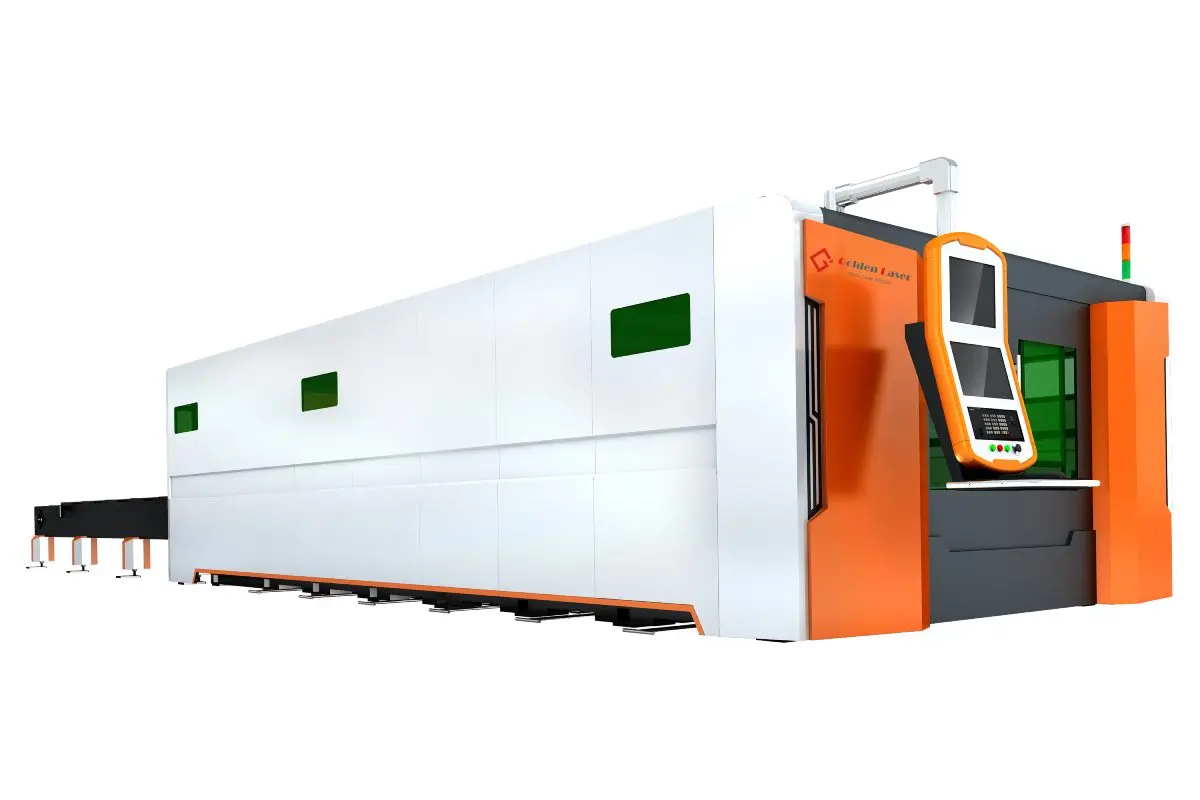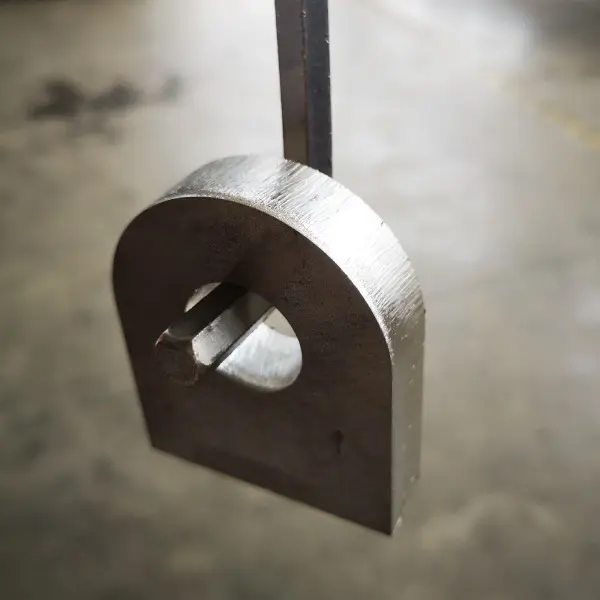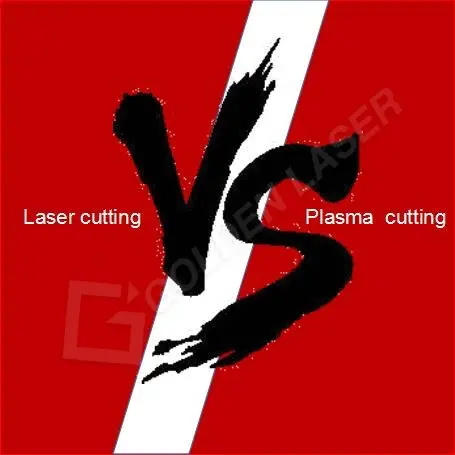In the ever-evolving landscape of manufacturing technologies, the Automatic Metal Laser Cutting Machine has emerged as a game changer for industries requiring precision and efficiency in metal fabrication. This sophisticated machinery employs advanced laser technology to cut metals with unparalleled accuracy, high speed, and reduced operational costs. Across the manufacturing spectrum, from automotive to aerospace, the integration of these machines is transforming traditional practices, promoting higher productivity and innovation.
At its core, an Automatic Metal Laser Cutting Machine utilizes a high-powered laser beam to melt or burn through metal workpieces. The laser is guided along predetermined paths controlled by a computer numerical control (CNC) system, enabling intricate designs and complex shapes to be cut with minimal human intervention. This automation not only enhances precision but also significantly reduces the likelihood of human error, which is crucial in maintaining quality standards in production.
One of the most compelling advantages of the Automatic Metal Laser Cutting Machine is its ability to handle a wide range of materials, including stainless steel, aluminum, brass, and even some plastics. This versatility opens up a myriad of applications across various sectors. For instance, in the automotive industry, these machines can be used to create intricate parts, chassis components, and panels that require tight tolerances and premium finishes. In the signage and decoration industries, they can produce custom designs and lettering that stand out in terms of aesthetics and clarity.

Revolutionizing Metal Fabrication: The Benefits and Applications of the Automatic Metal Laser Cutting Machine in Modern Manufacturing

Revolutionizing Metal Fabrication: The Benefits and Applications of the Automatic Metal Laser Cutting Machine in Modern Manufacturing
The speed at which these machines operate is another noteworthy benefit. Compared to traditional cutting methods, such as plasma or flame cutting, laser cutting can significantly reduce processing time. This increased efficiency translates directly to lower costs and the ability to fulfill orders faster, which is essential in today’s fast-paced market. Additionally, the precision offered by laser cutting minimizes material waste, allowing manufacturers to optimize their resources and reduce overall operational expenses.

Revolutionizing Metal Fabrication: The Benefits and Applications of the Automatic Metal Laser Cutting Machine in Modern Manufacturing
Moreover, the cleanliness of the cutting process enhances safety and working conditions in manufacturing environments. Since the cutting occurs through vaporization and combustion rather than physical contact with the metal, there is minimal debris generated. This reduces the need for post-cutting cleanup and creates a safer workspace for operators.
The introduction of Automatic Metal Laser Cutting Machines has also had a profound impact on design capabilities. Traditional cutting methods often limit designers to simpler shapes and dimensions due to the constraints of tooling and machinery. However, with laser cutting, designers are free to explore more innovative and intricate designs that were previously impractical or impossible. This has led to the creation of unique, customized products that cater to the specific needs of clients, giving businesses a competitive edge.
In addition to manufacturing flexibility and design capabilities, the integration of Artificial Intelligence (AI) and the Internet of Things (IoT) into these machines is streamlining operations even further. Advanced software can optimize cutting paths in real time, reducing cycle times and improving overall efficiency. Furthermore, predictive maintenance tools can alert operators to potential issues before they become serious problems, minimizing downtime and enhancing productivity.
While the benefits of Automatic Metal Laser Cutting Machines are substantial, companies considering this technology should also engage with appropriate training and maintenance procedures. Ensuring that operators are well-trained in the use and upkeep of these machines is vital for realizing their full potential. Regular maintenance routines will keep the machines operating at peak performance and extend their lifespan, safeguarding the investment made by the business.
In conclusion, the Automatic Metal Laser Cutting Machine stands at the forefront of modern manufacturing, providing unparalleled precision, efficiency, and versatility in metal fabrication. As industries continue to face challenges related to quality, speed, and cost-effectiveness, the adoption of this technology is likely to increase. By embracing the capabilities of this cutting-edge machinery, manufacturers can not only enhance their production processes but also innovate to meet the ever-changing demands of the market. The future of metal fabrication is undeniably bright with the integration of automatic laser cutting technology, ushering in a new era of possibilities in design, production, and overall manufacturing efficiency. Stainless Steel Laser Cutter



